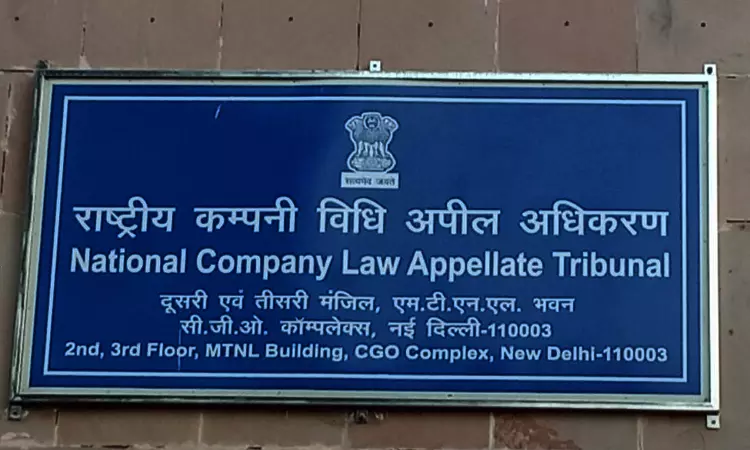NCLT Can Allow Date Of Default To Be Amended In CIRP Proceedings: NCLAT
Tazeen Ahmed
15 Dec 2024 11:00 AM IST

Next Story
15 Dec 2024 11:00 AM IST
The National Company Law Appellate Tribunal (NCLAT) bench of Justice Rakesh Kumar Jain (Judicial Member), Mr. Naresh Salecha (Technical Member) and Mr. Indevar Pandey (Technical Member) has held that the NCLT is empowered to allow the parties to amend the pleadings before the final orders in Corporate Insolvency Resolution Process (CIRP) proceedings are passed. In other words, the...
